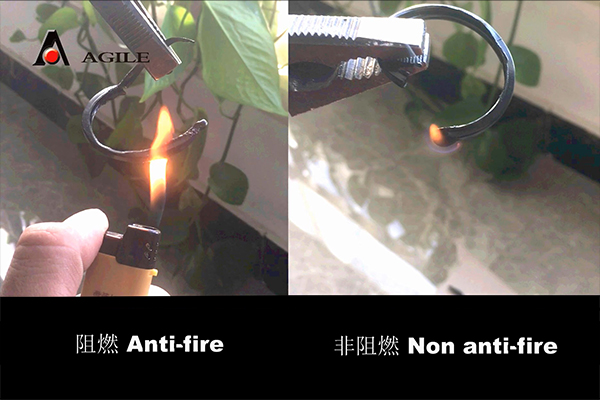Chip Conveyor for CNC Machines - Efficient Solutions for Metalworking
The Importance of Chip Conveyor Systems in CNC Machining
In the realm of CNC (Computer Numerical Control) machining, the efficiency and effectiveness of the manufacturing process heavily rely on various auxiliary systems. One of the most critical components in this setup is the chip conveyor. As CNC machines carve intricate designs and shapes from solid materials, they generate metal chips and debris that need to be effectively managed. Here’s why chip conveyor systems are indispensable in CNC machining.
The Importance of Chip Conveyor Systems in CNC Machining
Moreover, chip conveyors facilitate uninterrupted machining processes. In CNC operations, time is money. Any interruption caused by a blocked machine or frequent manual cleaning can lead to significant productivity losses. Automatic chip conveyors transport the waste away from the machining areas in real time, allowing CNC machines to continue operating without the need for frequent stops. This continuous operation contributes to increased productivity and reduces labor costs since manual intervention is minimized.
chip conveyor cnc

In addition to improving operational flow, effective chip management also contributes to better machine longevity. Chips left unmanaged can lead to increased wear and tear on both the CNC machines and the tools used. By efficiently removing debris from the machining process, chip conveyors reduce the risk of tool breakage and machine wear, resulting in increased operational lifespan and reduced maintenance costs.
Different types of chip conveyor systems are available, each tailored to specific machining environments and types of materials. From hinged belt designs to paddle-type conveyors, choosing the right system depends on factors like the size of the chips, the type of CNC machine, and the overall layout of the manufacturing facility. It’s essential for manufacturers to assess their unique requirements to select a chip conveyor that best suits their operational needs.
Additionally, chip conveyors can enhance recycling efforts. Many companies are now focusing on sustainability and waste reduction. A well-implemented chip conveyor can help industries recycle metal chips, allowing them to be repurposed or sold rather than discarded. This not only supports environmental responsibility but can also provide a secondary income stream for manufacturers.
In conclusion, the role of chip conveyors in CNC machining cannot be overstated. They contribute to a cleaner work environment, enhance productivity through continuous operation, improve the longevity of machinery, and support sustainability efforts. As industries lean towards more automated and efficient practices, integrating advanced chip conveyor systems will be vital in ensuring seamless and efficient CNC machining operations. Investing in a reliable chip conveyor system is not just a matter of convenience; it is a strategic move that can lead to significant operational improvements and cost savings in the long run.








